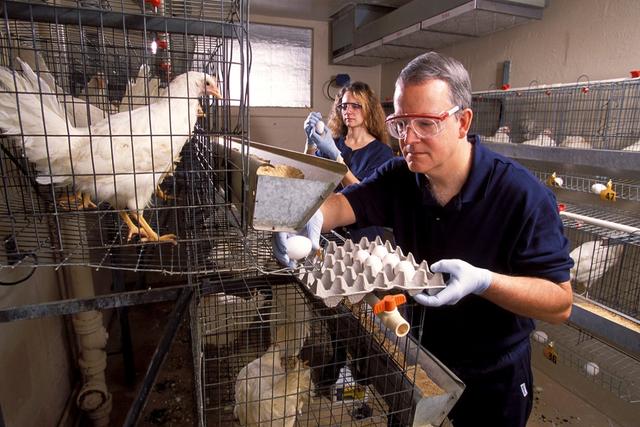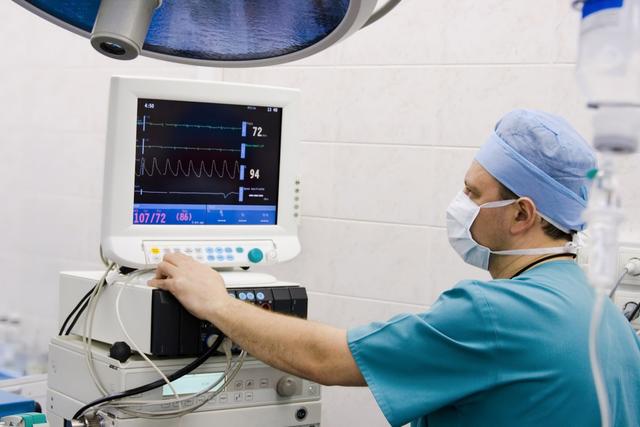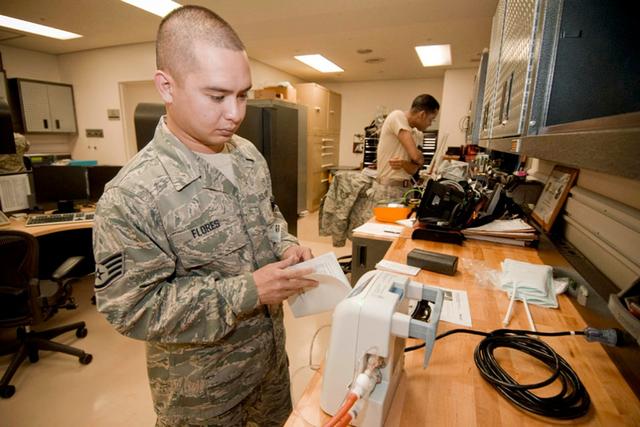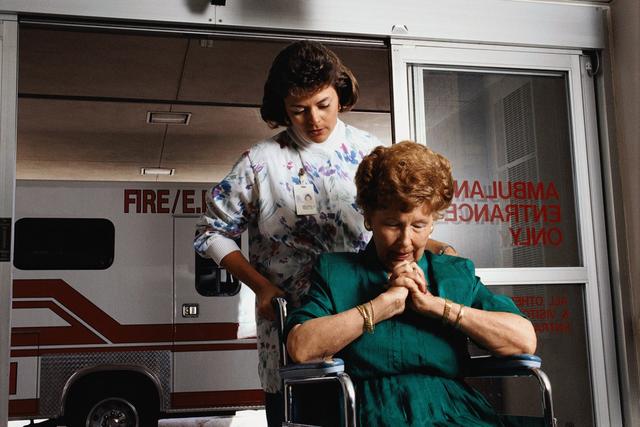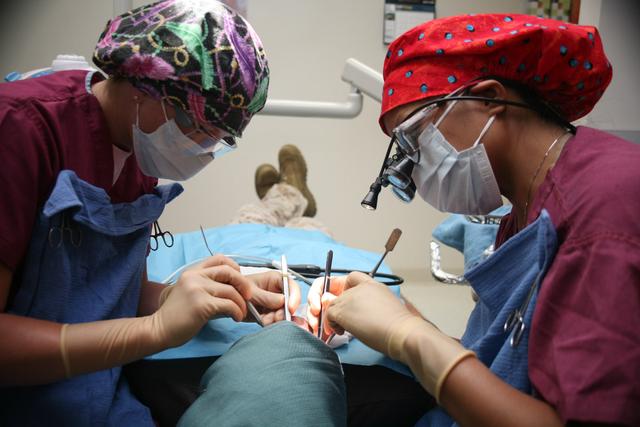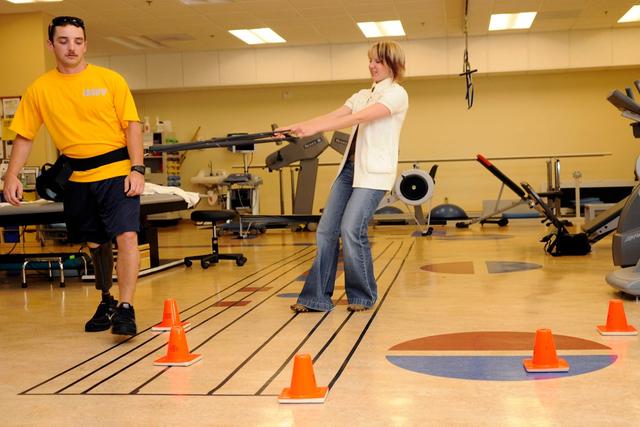Neonatal Nurses
Overview
Introduction
Neonatal nurses provide direct patient care to newborns in hospitals for the first month after birth. The babies they care for may be normal, they may be born prematurely, or they may be suffering from an illness or birth defect. Some of the babies require highly technical care, such as surgery or the use of ventilators, incubators, or intravenous feedings.
Quick Facts
Median Salary
Employment Prospects
Minimum Education Level
Experience
Skills
Personality Traits
Earnings
Salary is determined by many factors, including nursing specialty, education, place of employment, shift worked, geographic location, and work experience. Registered nurses working at hospitals had a mean annual income of $96,830 in 2023, according to the U.S. Department of Labor. The lowest paid 10 percent of all registered nurses earned less than $63,720 per year. The highest paid 10 percent ...
Work Environment
Neonatal nurses can expect to work in a hospital environment that is clean and well lighted. Inner-city hospitals may be in a less-than-desirable location, and safety may be an issue. Generally, neonatal nurses who wish to advance in their careers will find themselves working in larger hospitals in major cities.
Nurses usually spend much of the day on their feet, either walking or standi...
Outlook
The U.S. Department of Labor predicts that employment for all registered nurses will grow faster than the average through 2033. In addition, nursing specialties should be in great demand in the future. The outlook for neonatal nurses is very good, especially for those with masters degrees or higher. According to the National Association of Neonatal Nurses, positions should be available due to d...

